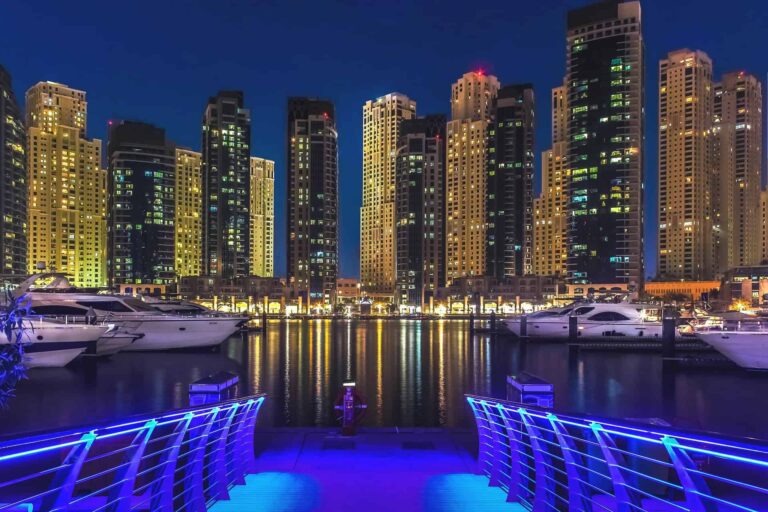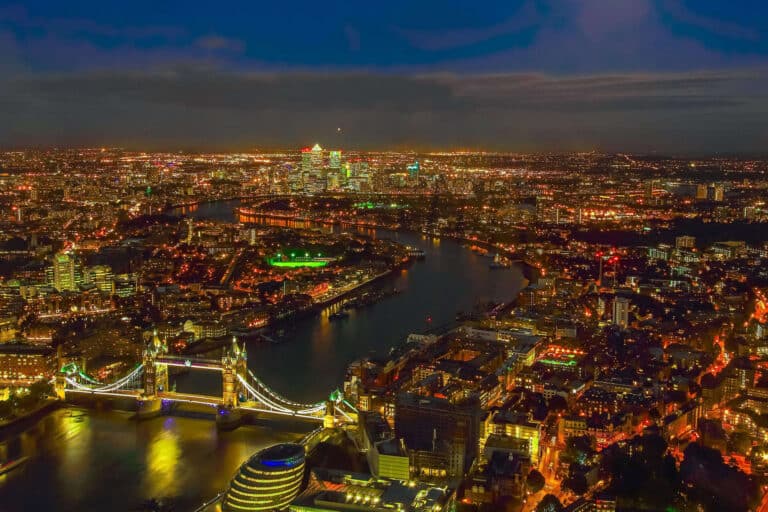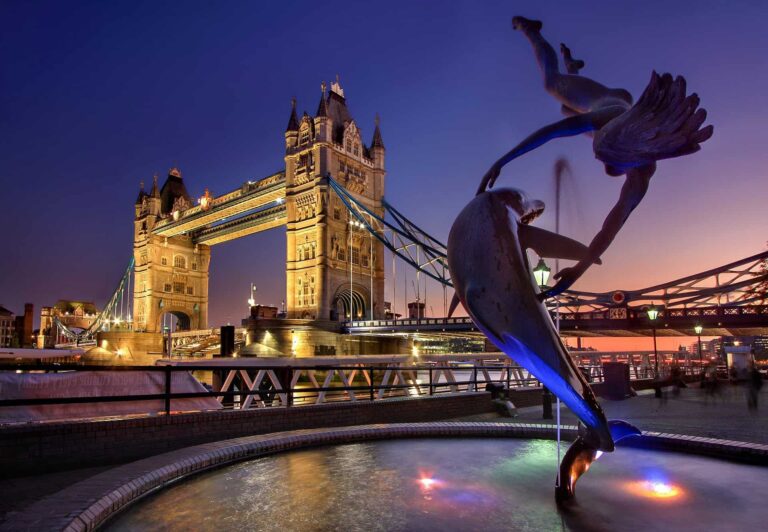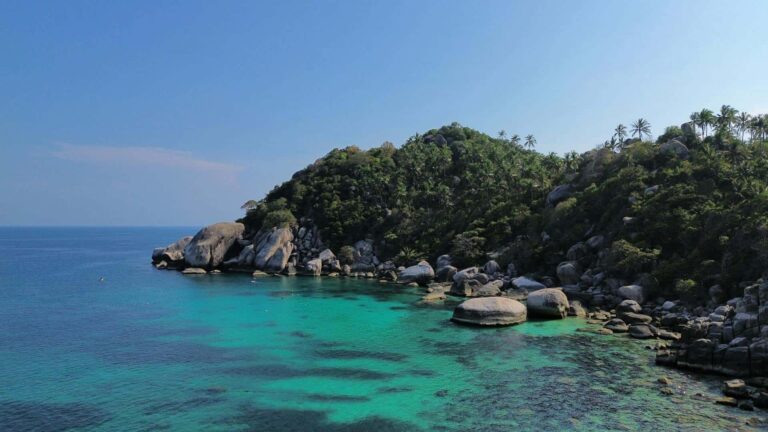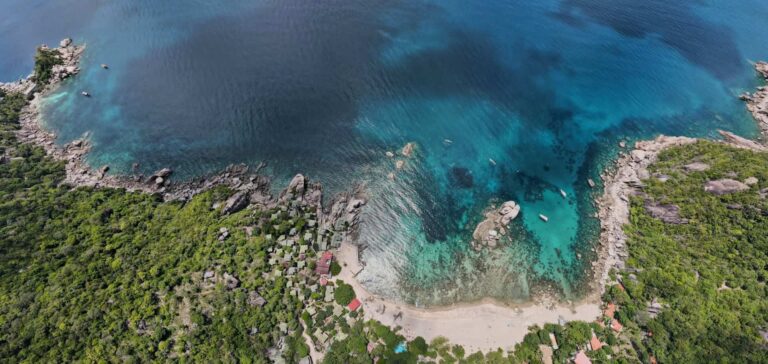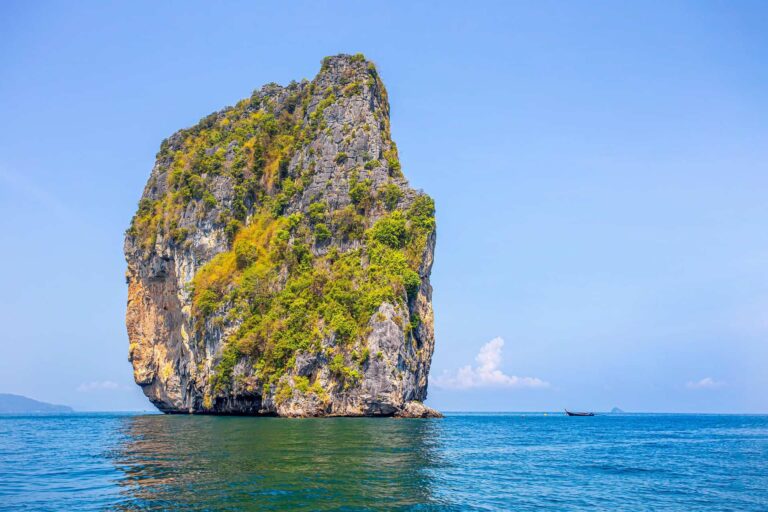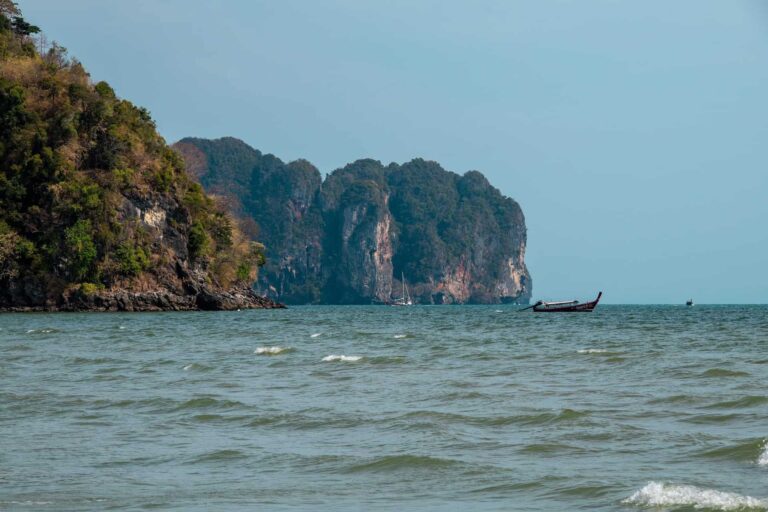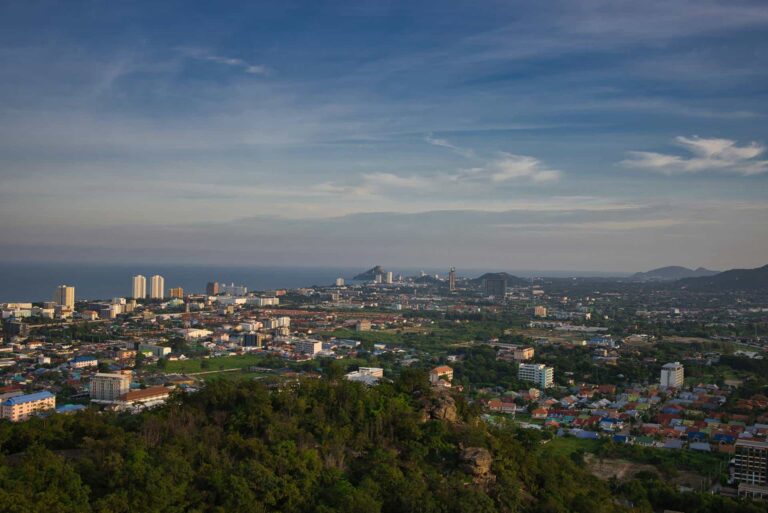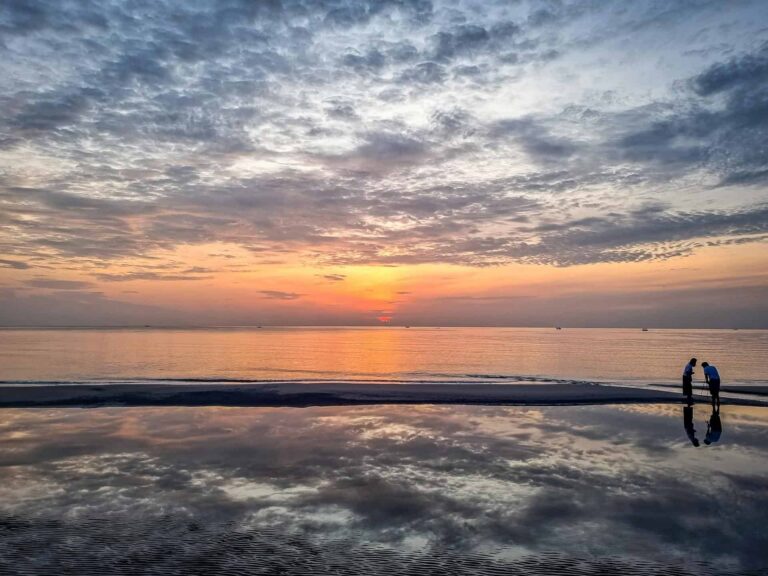Getting sick abroad can be stressful — especially in a place as busy and modern as Dubai. But don’t worry: the city has excellent healthcare facilities, English-speaking doctors, and plenty of resources to help you get back on your feet quickly.
This guide will walk you through what to do if you feel unwell in Dubai, from emergency numbers and pharmacies to insurance, language tips, and how to find a trusted doctor.
Understanding Dubai’s Healthcare System
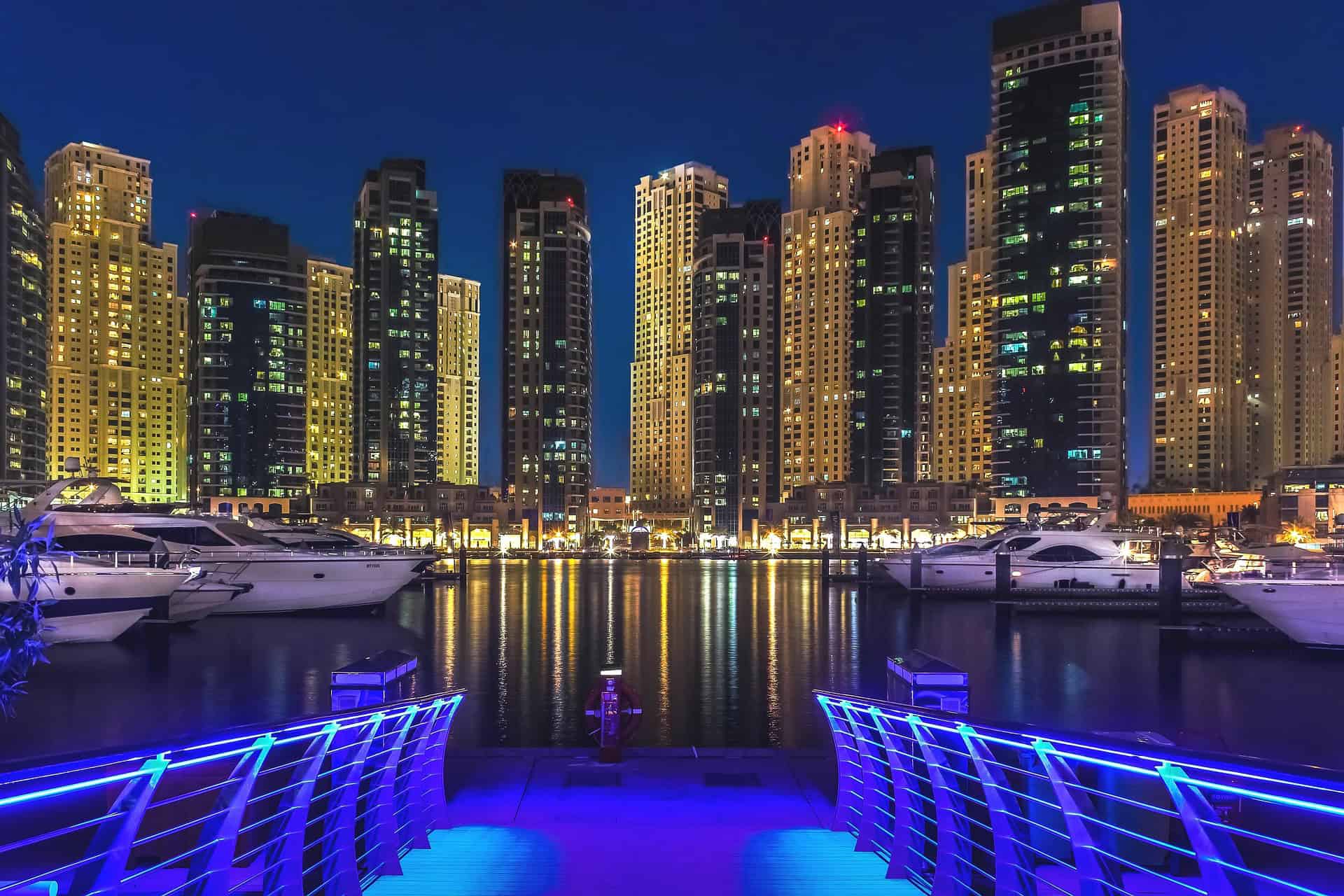
Here’s what you need to know about Dubai’s healthcare system.
Private vs. Public Care
- Public hospitals in Dubai are mainly geared toward residents and can involve paperwork and longer wait times for tourists.
- Private hospitals and clinics are where most visitors go. They’re modern, efficient, and usually have English-speaking staff, but they can be expensive if you don’t have insurance.
Emergency Medical Care
Let’s look at Dubai’s emergency medical care.
Essential Emergency Numbers
- 998 – Ambulance and medical emergencies
- 999 – Police
- 997 – Fire
How to Call an Ambulance in Dubai
Dial 998 and clearly explain your location. Dubai’s ambulance services are fast, but make sure you know your nearest landmark or hotel in case street names are confusing.
Hospital vs. Urgent Care Clinic
- Hospital: Best for emergencies like chest pain, broken bones, or severe infections.
- Urgent care clinic: For minor illnesses such as stomach bugs, fevers, or minor injuries.
Pharmacies & Medication: What You Need to Know
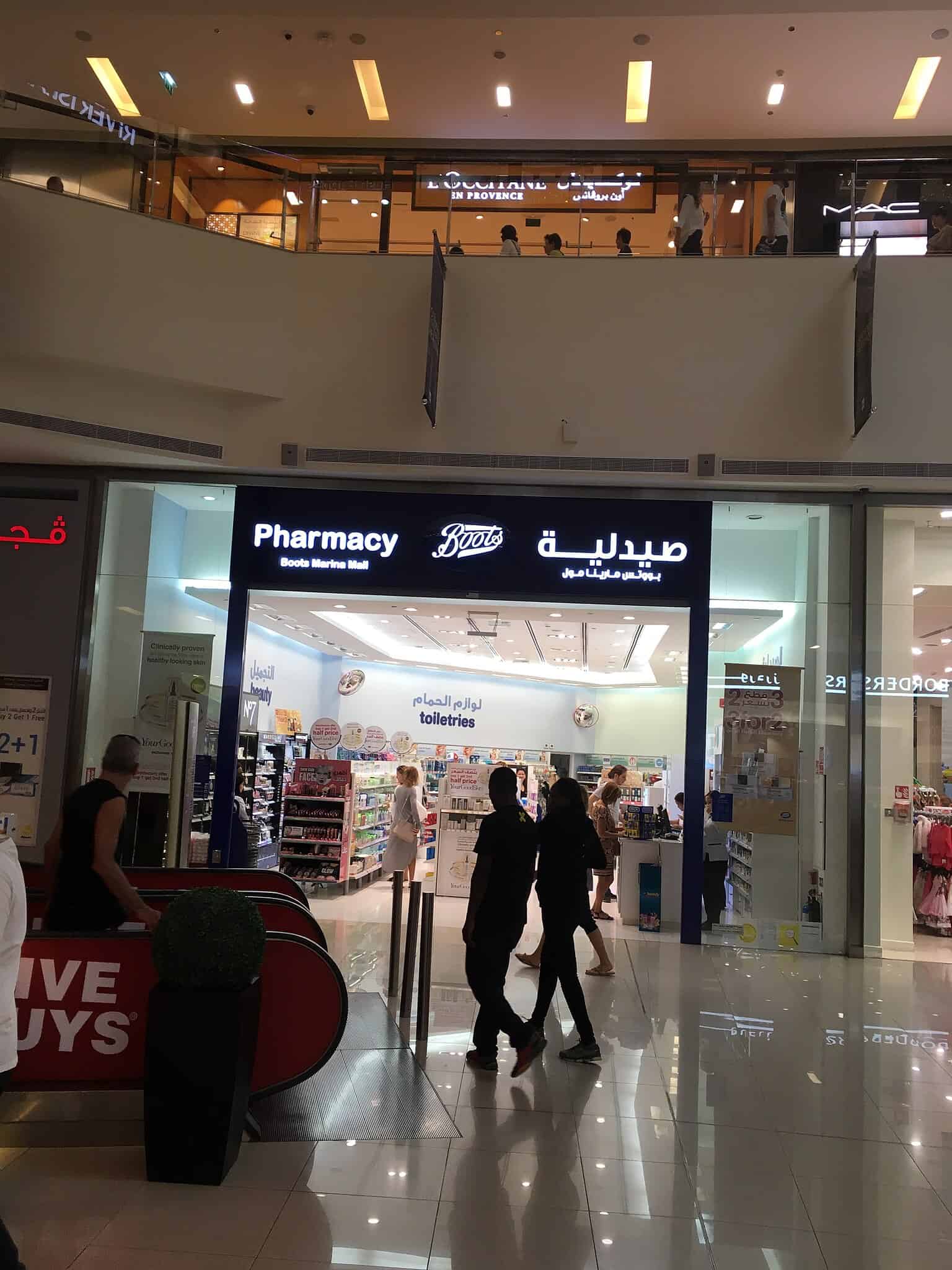
Dubai pharmacies are easy to spot, often inside malls or near clinics. Most staff speak English.
- 24/7 pharmacies are common in central areas and near hospitals.
- You can get over-the-counter medicines for headaches, colds, and stomach issues.
- For stronger medicine, you’ll need a doctor’s note.
What to Do if You’ve Got Travel Insurance
Private care in Dubai can be expensive, but travel insurance usually covers it.
Documents You’ll Need for a Claim
- Passport
- Insurance details
- Doctor’s note or medical report
- Receipts for treatment and medication
Language Barriers
The good news: English is widely spoken in Dubai’s healthcare system. But here are a few Arabic phrases that might help:
- “Ana mareed” (أنا مريض) – I’m sick
- “Indi humma” (عندي حمى) – I have a fever
- “Ahtaj tabib” (أحتاج طبيب) – I need a doctor
How to Avoid Getting Sick in Dubai
Here’s what you need to know to avoid getting sick in Dubai.
Common Traveler Illnesses
- Heat exhaustion or dehydration
- Food-related stomach upset
- Respiratory issues from dust or air conditioning
Is the Tap Water Safe?
Tap water in Dubai is technically safe but many travelers stick to bottled water to avoid stomach issues.
Food Safety Tips
- Eat at busy restaurants with high turnover.
- Avoid street food from unhygienic stalls.
- Stay hydrated, especially outdoors.
Healthcare Tips for Pregnant Travelers & Those with Pre-Existing Conditions
Dubai has excellent private specialists in gynecology, cardiology, pediatrics, and more. If you’re pregnant or managing a chronic condition, book appointments in advance when possible and always carry your medical documents.
Finding an English-Speaking Doctor in Dubai
Finding a doctor abroad can feel overwhelming, but Dubai has many English-speaking doctors across private clinics and hospitals.
With Air Doctor, you can:
- Book appointments online or in-person
- Access trusted, multi-lingual doctors
- Get insurance-ready receipts
- Choose urgent care, hotel visits, or video consults
Getting Help Beyond Healthcare
Embassies in Dubai can:
- Provide lists of recommended hospitals and doctors
- Help replace lost medication
- Contact family or insurers in an emergency
Recap
If you get sick in Dubai:
- Call 998 for emergencies
- Choose private hospitals for faster, English-speaking care
- Visit pharmacies (many open 24/7) for basic meds
- Keep receipts for insurance claims
- Stay hydrated and practice food safety
- Use Air Doctor to book doctors without hassle
About Air Doctor
With the Air Doctor app in your pocket, you can access medical care and receive expert medical guidance anywhere you travel.
Air Doctor offers a wide range of benefits, including:
- A global network of over 20,000 multi-lingual doctors and specialists
- Choice of clinic, at-home (hotel), and video consultations
- Healthcare access in 90 countries
- 24/7 multi-lingual support
- Transparent pricing and reviews
- Most common medical specialties, including ENT specialists, GPs, and gynecologists
FAQs
Yes, tourists can visit both private and public doctors, though private clinics are usually faster and easier.
No, healthcare is not free for visitors. You’ll need to pay unless your travel insurance covers the costs.
Yes, ambulance services are not free for tourists, but they are usually covered by travel insurance.


